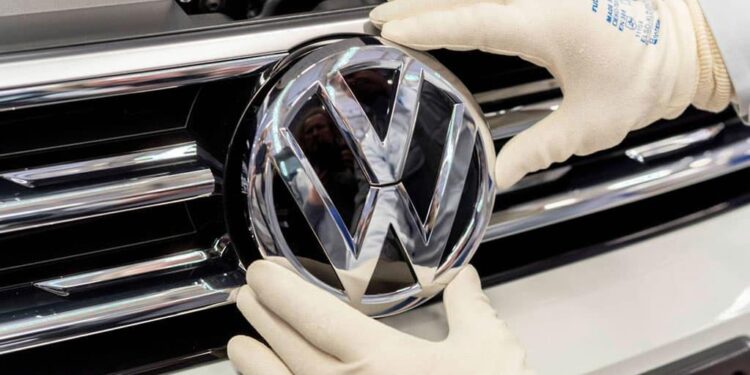Ex-Volkswagen boss Rupert Stadler received a 21-month suspended prison term and a €1.1 million fine after admitting to negligence in failing to stop the sale of affected vehicles once the diesel cheating software had been uncovered. Two other former Audi managers, Wolfgang Hatz and Zaccheo Giovanni Pamio, also received suspended sentences after confessing to involvement in manipulating emissions data.
The verdict, issued by the Munich regional court, brings to an end one of Germany’s most high-profile corporate scandals. The court found that while the executives did not initiate the deception, they were complicit in allowing the practice to continue, misleading regulators and consumers alike.
The long-running Dieselgate scandal reached a muted conclusion on Monday as a German court handed suspended sentences to former Volkswagen executives for their roles in the emissions-cheating affair that rocked the global automotive industry.
Dieselgate erupted in 2015 when Volkswagen admitted it had installed so-called “defeat devices” in millions of diesel vehicles to falsify emissions readings during testing. The scandal led to a global backlash against diesel technology, cost the company over €30 billion in fines and settlements, and reshaped the automotive industry’s approach to emissions and electric mobility.
The sentencing marks a significant moment in Germany’s effort to hold corporate leaders accountable. Yet the lightness of the punishment—no jail time—has drawn criticism from consumer advocacy groups and environmental campaigners who argue that the penalties fail to reflect the scale of deceit and environmental harm caused.
Prosecutors had originally sought custodial sentences but agreed to the suspended terms in exchange for the executives’ guilty pleas, a decision aimed at avoiding a protracted legal battle. The court acknowledged the defendants’ cooperation and the time elapsed since the events as mitigating factors.
Volkswagen has since restructured its governance and committed to a full pivot towards electric vehicles, but the damage to its reputation remains. While the company itself avoided criminal charges under German law, this final chapter underscores the growing pressure on corporate leaders to take responsibility in the age of climate scrutiny and regulatory enforcement.
For many observers, Dieselgate’s legal conclusion feels more symbolic than punitive. Yet it sends a clear message: even delayed justice can set precedents that shape future standards in corporate conduct and environmental accountability.
newshub finance




Recent Comments